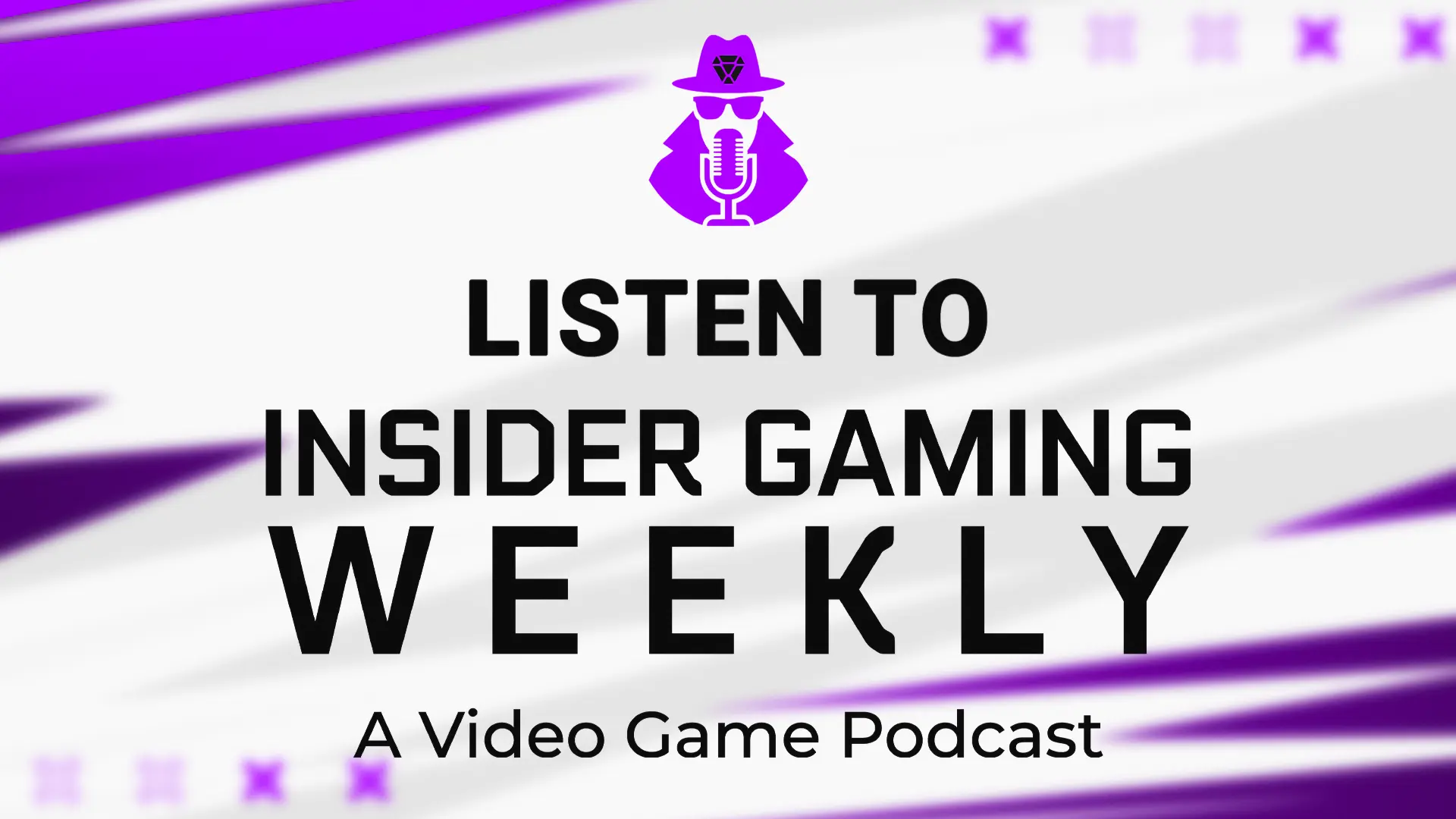As the Federal Trade Commission (FTC) continues its case into Microsoft’s attempt to acquire Activision Blizzard, the government agency is requesting more from the Redmond, WA company.
In a court document released on Tuesday, the FTC is requesting the judge in its case to force Microsoft to hand over documents relating to its 10-year agreements with companies like Nintendo and Nvidia. The FTC claims that Microsoft has been hesitant to hand over documents despite its alleged intent to have them as justifications for allowing the purchase to go through.
“Despite clearly intending to use these agreements in its defense, Microsoft has refused to produce underlying internal documents related to these agreements, or communications with third parties other than Nvidia, Nintendo, and Sony,” the document reads on page seven. “Microsoft should be not permitted to introduce or rely on these agreements without producing the requested underlying discovery.”
The FTC Wants More From Microsoft
In addition to details surrounding the 10-year agreements, the FTC states that it has concerns about Microsoft’s promise that Activision Blizzard games wouldn’t become exclusives. In the document, the FTC specifically mentions the purchase of ZeniMax, the parent company of Bethesda.
“Microsoft made a similar argument when it acquired ZeniMax, but subsequently decided to take newly-acquired ZeniMax titles exclusive,” the FTC says. “In response to this RFP, Microsoft asserted that the Second Request productions cover this request, but took no steps to confirm. In fact, the Second Request did not include a Specification related to cross-play.
“Microsoft effectively conceded the relevance of this topic when it requested documents relating to cross-play from a third party in this litigation. Microsoft’s contradictory position is that it can seek relevant documents on this topic from a third party while avoiding similar discovery from its own files.”
The FTC says because of this, it is requesting that “all documents related to exclusivity of content Microsoft acquired from ZeniMax and exclusivity of content Microsoft proposes to acquire from Activision” be provided.
The questions surrounding Microsoft’s intentions with Activision Blizzard games come at a time when Sony continues to raise similar concerns about exclusivity.
Want more Insider Gaming? Check out our story on Bleak Faith: Forsaken developer Archangel Studios addressing accusations of using stolen assets.










